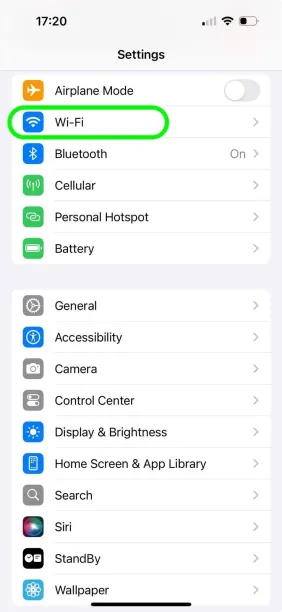Trump’s First Shot in His War on the ‘Deep State’
The president is punishing a group of former officials for expressing an opinion he didn’t like.

Shortly after taking the oath of office, President Donald Trump signed an executive order revoking the security clearances of about four dozen former national-security officials. Their offense was that in 2020, they had signed an open letter suggesting that the publication of emails found on a laptop purportedly belonging to Joe Biden’s son Hunter might be the result of a Russian-government operation designed to “influence how Americans vote in this election.”
You may remember the letter, but if not, you should reacquaint yourself with this episode, which remains a fixation of the president and many of his supporters. The Hunter Biden laptop letter inspired the executive order that is Trump’s first shot in a war he has long promised against the “deep state”—that collection of CIA officers, FBI agents, and other career bureaucrats who he believes have conspired against him for nearly a decade. The order accuses 51 former officials, by name, of “election interference,” potentially a serious crime.
Here’s why this is so disturbing: If those people can be targeted simply for exercising their free-speech rights, then conceivably so can you if you stake a political sign in your front yard, slap a bumper sticker on your car, or try to persuade people on social media to vote for your candidate of choice.
The emails first came to public attention in an article published in the New York Post in October 2020, a few weeks before the presidential election. The story implicated Joe Biden in his son’s business dealings in Ukraine, a subject of intense interest among Trump’s allies, including the president’s personal lawyer, former New York Mayor Rudy Giuliani. The ex-mayor gave the Post a copy of a laptop hard drive that he had obtained through a repair-shop owner, the newspaper reported, and that purportedly contained Hunter Biden’s emails.
[Read: Trump’s ‘secretary of retribution’]
In response, the 51 former officials signed a letter asserting that “the arrival on the US political scene of emails purportedly belonging to Vice President Biden’s son Hunter … has all the classic earmarks of a Russian information operation.” Mind you, the signatories offered no evidence of a hidden Russian hand in all of this. They supplied no digital trails leading to Russian spies, no confidential sources claiming a connection. And they were up-front about this: “We want to emphasize that we do not know if the emails … are genuine or not and that we do not have evidence of Russian involvement—just that our experience makes us deeply suspicious that the Russian government played a significant role in this case.”
That’s it. They were suspicious. Maybe with good reason. At the time, current officials, with access to classified information, believed that Russian intelligence operatives were trying to feed misinformation about the Bidens to Giuliani, as my colleagues at The Washington Post and I reported at the time. The signatories argued that, based on their long experience doing battle with Russia in the arena of international espionage, people should take their suspicions seriously.
If this all sounds like what op-ed writers or self-professed experts on social media or talking heads on TV routinely do, that’s because it is. Indeed, several of the signatories were regular “Never Trump” commentators on cable talk shows, political podcasts, and Twitter. The letter contains no classified information; the CIA made sure of that when it reviewed the text, as the agency routinely does when former officials write books or articles or make speeches. The letter represented nothing more or less than the collective opinion of people with more knowledge about Russia than the average person, alerting the public to what they considered a legitimate cause for concern.
But they were wrong. Embarrassingly wrong. The emails really did turn out to belong to Hunter Biden, and they raised legitimate concerns that he was trying to profit from his father’s political position. No evidence ever surfaced that Russia had played a role in bringing the emails to light. Intelligence experts sometimes make bad calls. This was one of those times.
Trump’s order, which uses turns of phrase he deployed on the campaign trail, says that the signatories tried to “suppress information essential to the American people,” in what he called “an egregious breach of trust reminiscent of a third world country.” Although the signatories clearly wanted to counter the claims that Trump’s allies were making about Biden and his son, no evidence suggests that they were trying to suppress anything. They appear to have sincerely believed that Russia might be behind the story.
Some of the signatories still defend their work by noting, correctly, that they said the emails might be part of some Russian trick, not that they definitely were. That too-cute defense does not absolve them of bad judgment.
But the Constitution protects their right to be wrong. The signatories are free to advertise themselves as experts, and when their analysis turns out to be off base, they have to suffer the reputational consequences. TV producers might not ask them to appear on their shows. The public might not take them seriously the next time they yell “Russia!” But they should not expect to end up called out in a presidential order accusing them of potentially criminal acts.
“It would be contrary to decades of national security norms to suspend the security clearances of individuals who did nothing other than, as private citizens, exercise their protected First Amendment rights,” Mark S. Zaid, a lawyer representing some of the signatories, told me in a written statement. “It is also quite ironic that at the same time this Executive Order is issued, the White House claims it supports the restoration of freedom of speech and seeks to end federal censorship.”
[Read: Trump’s ‘deep state’ revenge]
This is where I have to disclose some pertinent facts. I read this letter before it was published, because the people involved in writing it offered it to me exclusively in the course of my reporting on Russian intelligence activities for The Washington Post. I later learned, thanks to a congressional investigation, that the Biden campaign had wanted me to have this letter before any other journalist, for reasons that I still don’t completely understand but probably have to do with my long history of reporting on intelligence matters. I decided not to write about the letter, because I didn’t find it newsworthy. The authors had no evidence to back up their claims. It was merely their opinion that Russia might be up to some shenanigans. And in 2020, that opinion was not exactly novel. The people coordinating the letter ultimately found another publication that wanted to write about it.
I also know many of the signatories. I have quoted several of them in news articles over my two-decade career. But I never saw the letter before these people signed it, and none of them asked me to write about it or pressured me to do so. Some of them would prefer that I forget the whole episode and not renew attention to it.
The punitive measure Trump has directed isn’t trivial. An active security clearance is a requisite for employment in some companies or organizations, and rescinding it could materially affect some of the signatories’ livelihoods. The order also damages their reputations, beyond any hit they may have taken after they released the letter. And it imperils their safety. Since Trump issued the order on Tuesday, one of the signatories told me that he has received online threats. And a retired Green Beret who bills himself as Trump’s “secretary of retribution,” posted on X calling for “Live-Streamed Swatting Raids” against the signatories, referring to the illegal practice of falsely reporting an emergency in order to summon armed law enforcement to someone’s home. You don’t have to feel sorry for these people to appreciate the broader implications of Trump’s order and what he might inspire his followers to do.
Maybe you could chalk up all of this to bare-knuckle politics. Trump’s order is a predictable form of payback. The claim that the former officials “coordinated with the Biden campaign” to write the letter, in order to discredit the New York Post’s reporting, has some truth to it. The congressional investigation into the letter established, based on emails, text messages, and interviews with the people who orchestrated its writing and release, that the idea got rolling after Antony Blinken, then a Biden campaign adviser, asked Michael Morell, a former senior CIA official who was on the shortlist to run the spy agency in a Biden administration, about the Post report. Morell testified to congressional investigators that the letter was intended to give Biden a “talking point” if Trump tried to use the laptop story to attack the vice president. The signatories certainly knew that, or should have, because this was spelled out in emails asking them to put their names on the document.
But how is that “election interference”? The executive order doesn’t say. You can argue that former intelligence officials should stay out of politics, because they spent their careers in a profession that prides itself on being apolitical. But nothing about writing a letter is illegal, or even all that inappropriate. And being motivated by a desire to help one’s preferred candidate win doesn’t preclude a genuine suspicion that a hostile government might be trying to stop him.
[Nicholas Florko: There really is a deep state]
Well before Trump issued his order, some of the signatories privately told me that they wished they’d never participated in the first place. They stand by what the document narrowly says, but they recognize that it has done more harm than good and handed Trump an easy cudgel to use against opponents, real or imagined.
The order doesn’t just target the signers. It instructs the director of national intelligence, in consultation with the director of the CIA, to report to the president “any additional inappropriate activity that occurred within the Intelligence Community, by anyone contracted by the Intelligence Community or by anyone who held a security clearance” in the writing and publication of the letter.
That’s potentially a lot more people, and a longer story. But for now, just know that Trump remembers who dared to speak out, even mildly, against him.
What's Your Reaction?









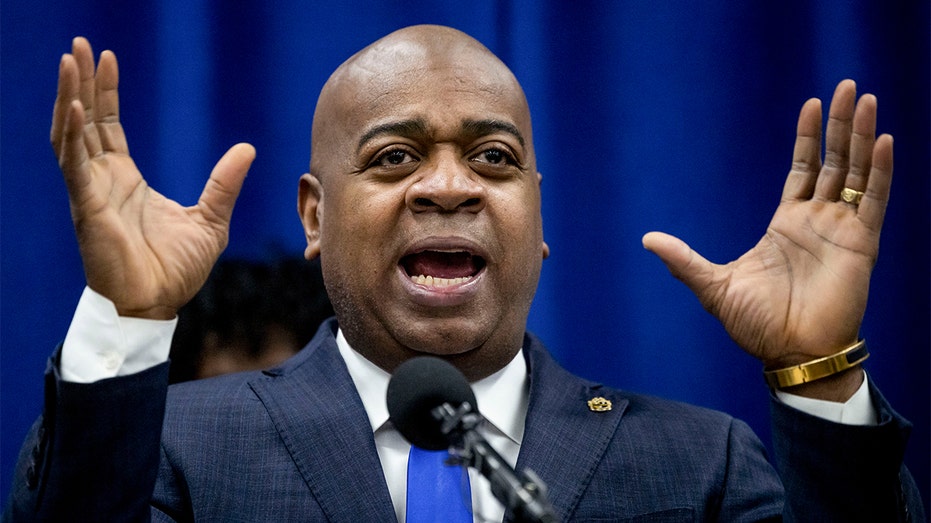
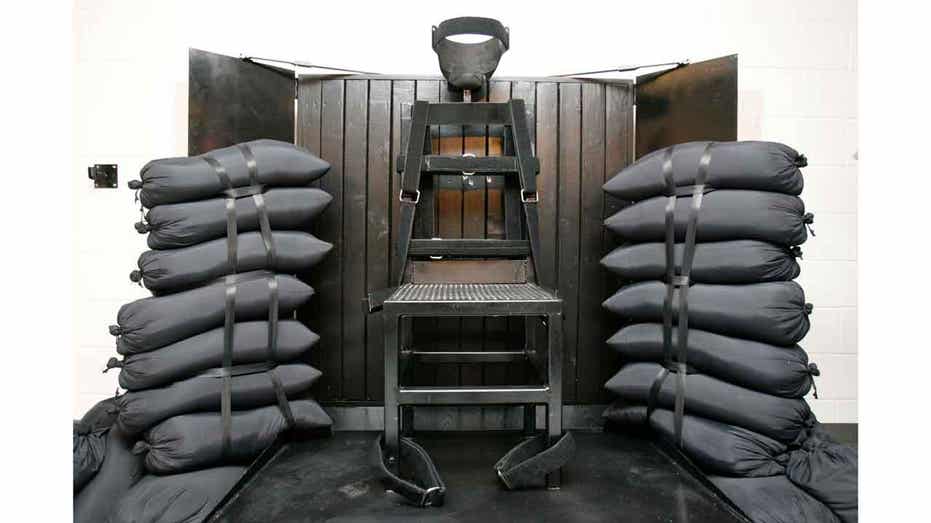
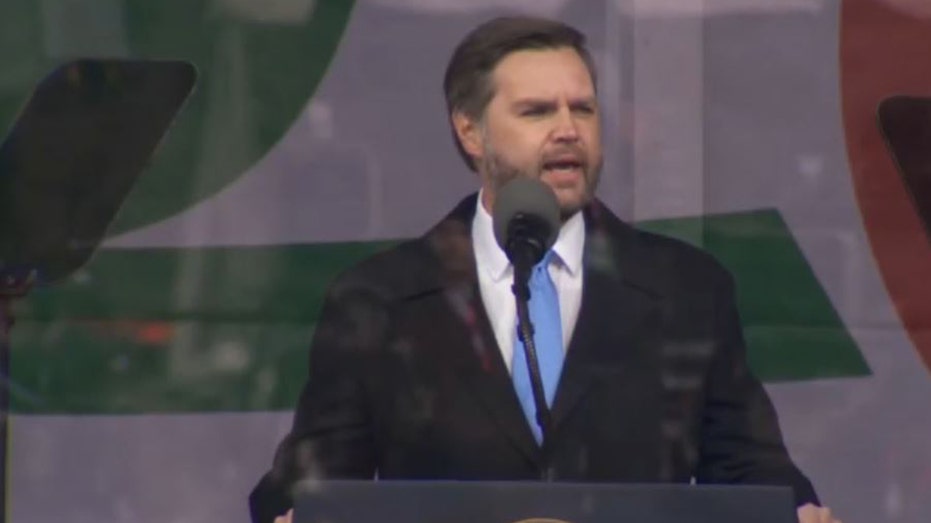






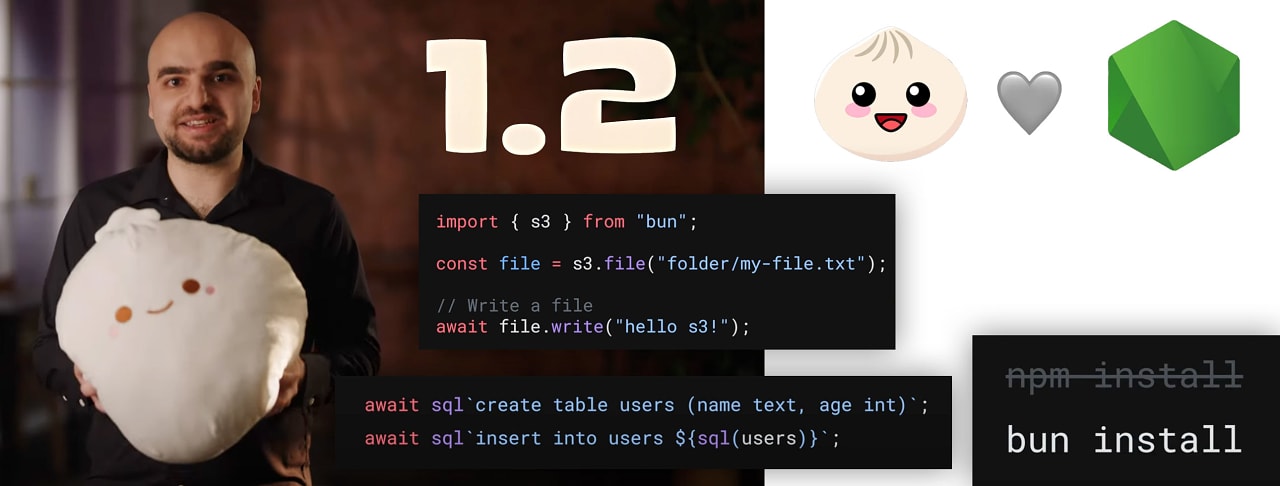



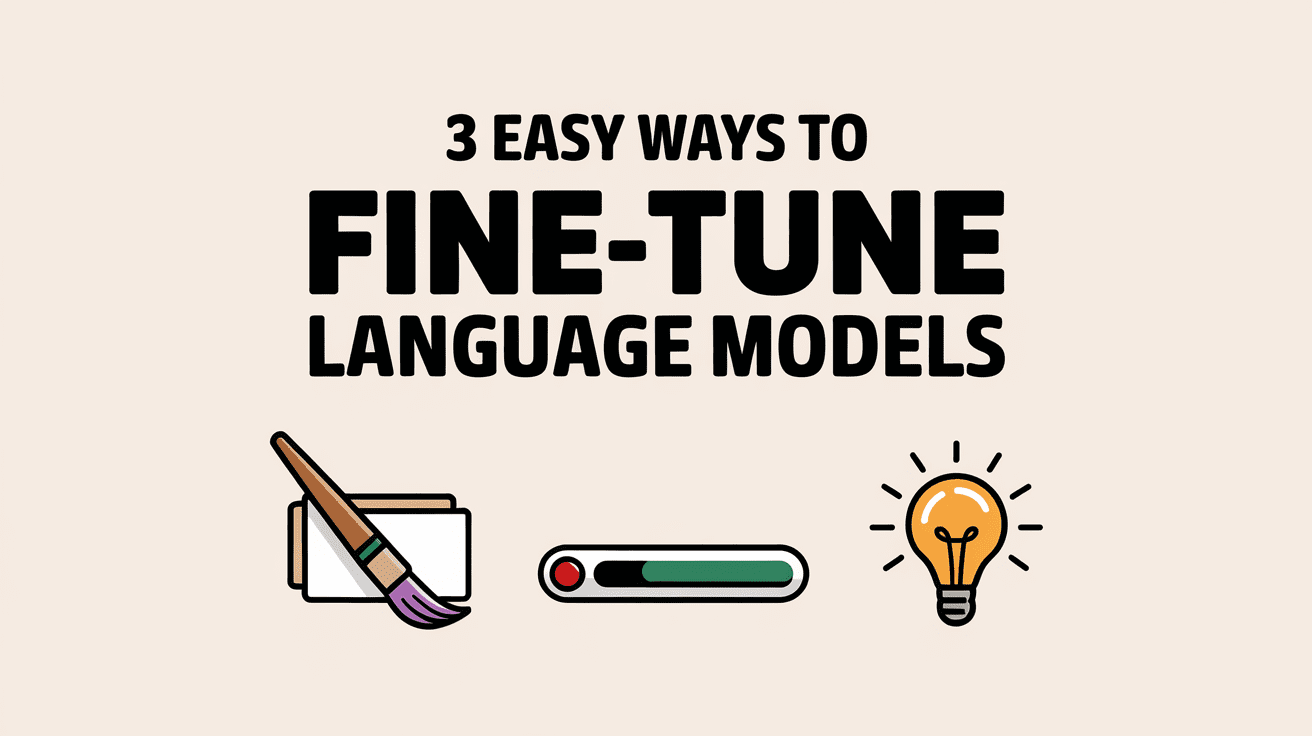

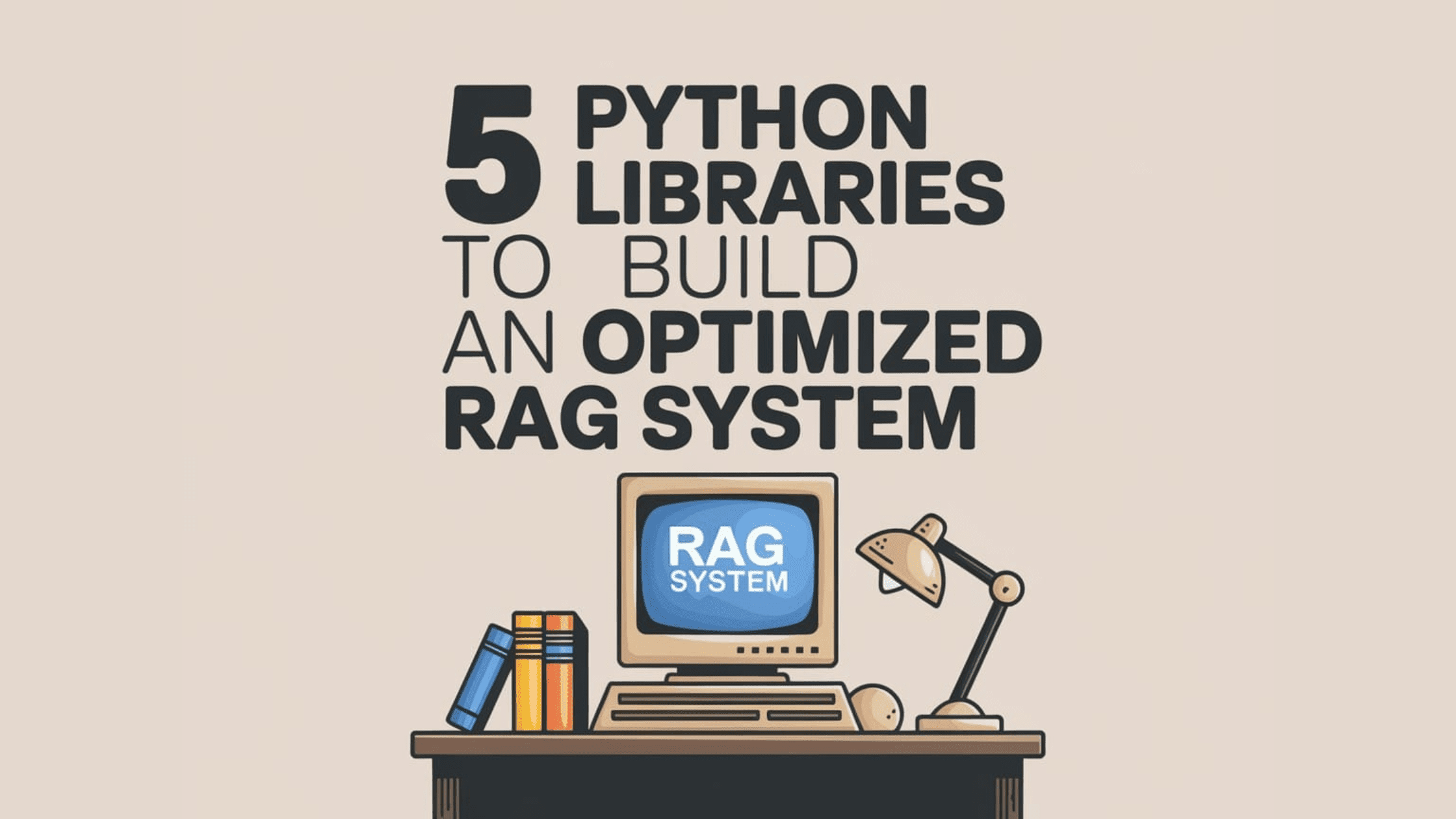
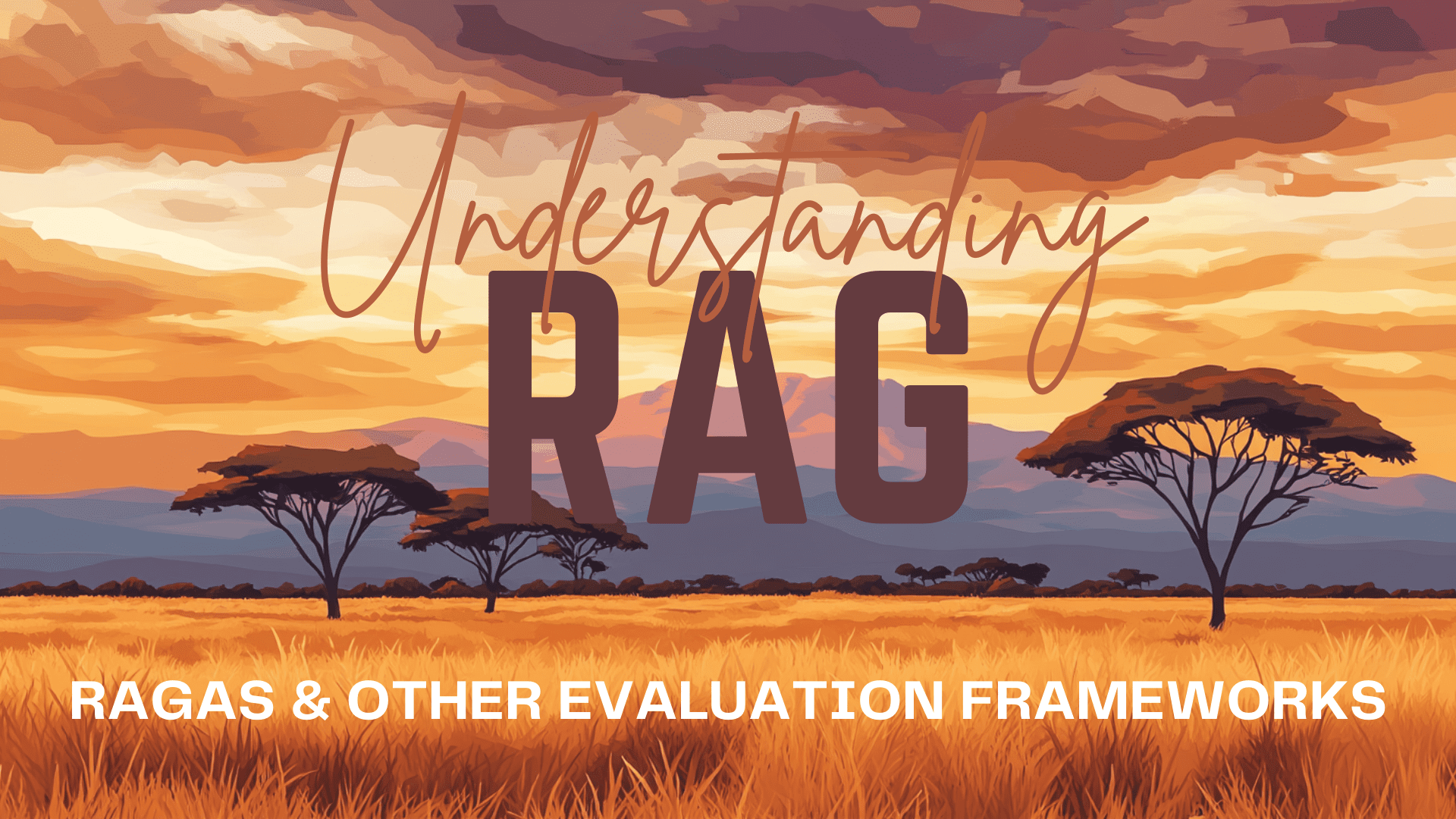

_Elena_Uve_Alamy.jpg?#)

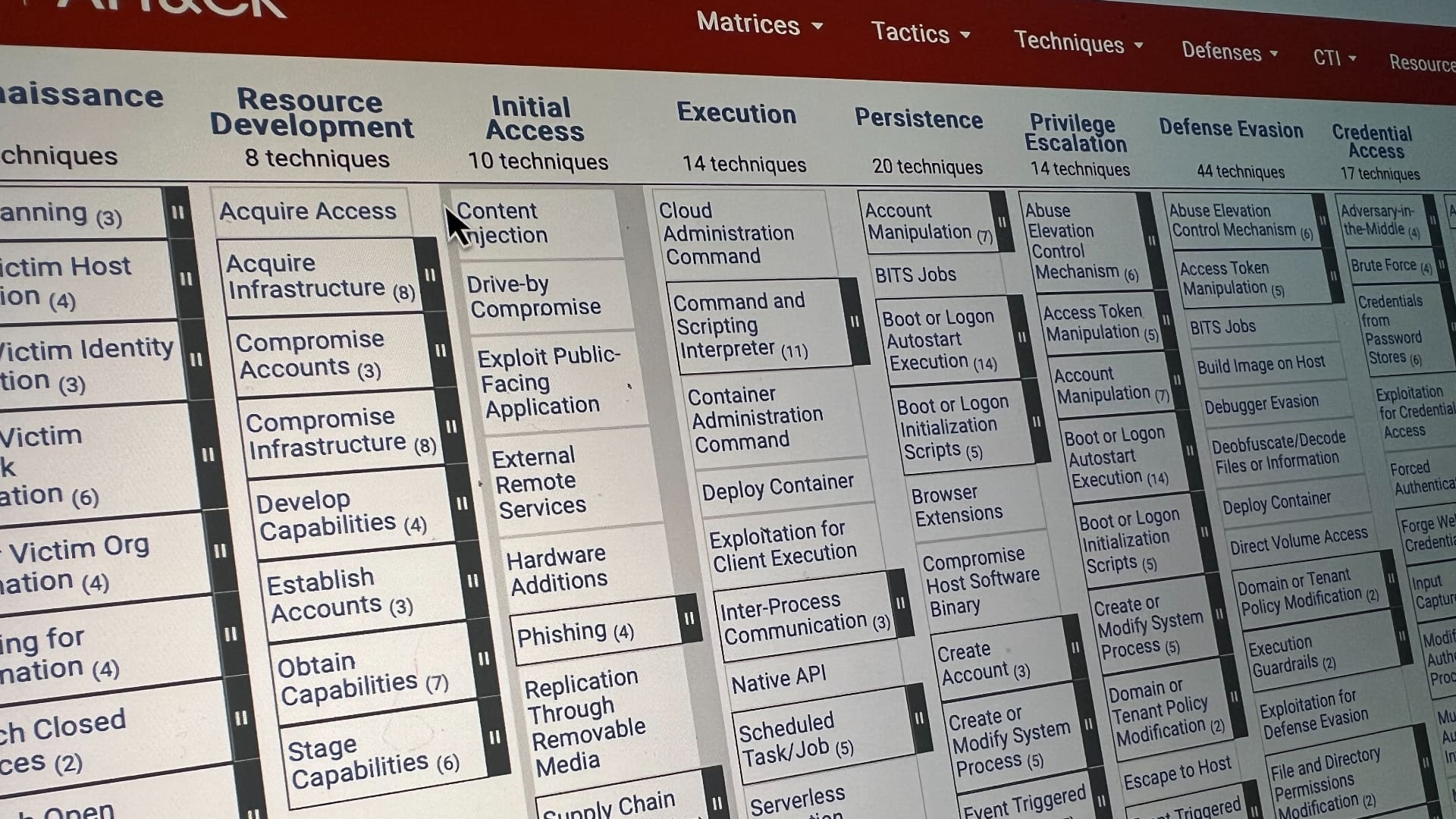

.png?width=1920&height=1920&fit=bounds&quality=80&format=jpg&auto=webp#)






















![Kicked Out Of His Seat—Delta Passenger Forced To Move For A Dog [Roundup]](https://viewfromthewing.com/wp-content/uploads/2024/12/delta_dog_in_bulkhead-transformed.jpg?#)





























